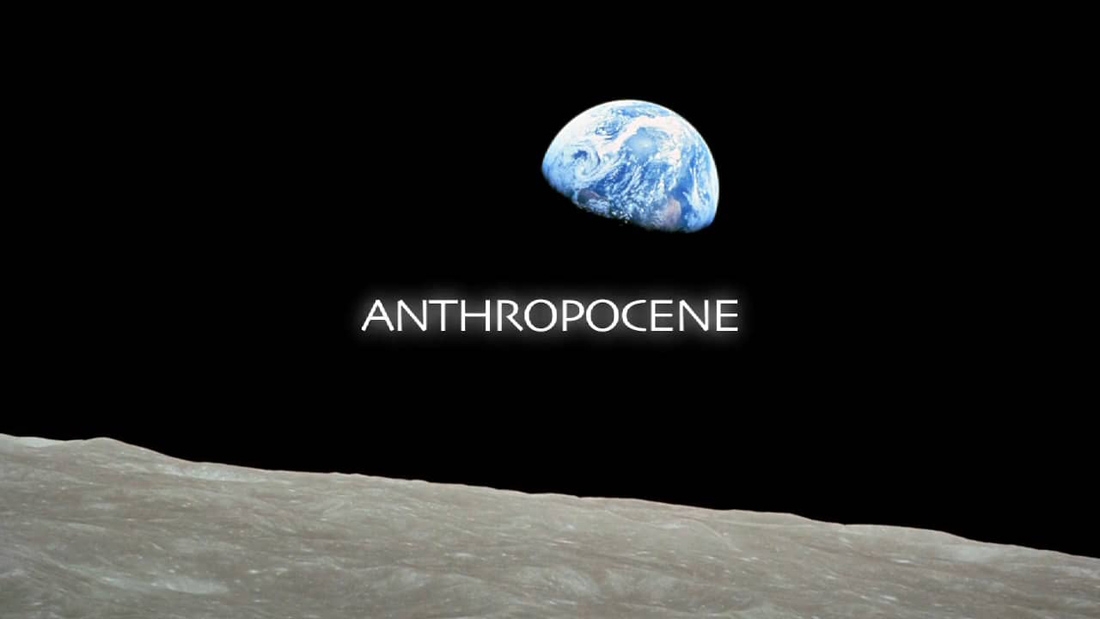One of the best things about movies is their ability to take you out of the real world for a short while and give you a chance to relax. On the other hand, cinema also gives us the opportunity to delve head first into our global community’s most pressing issues in the form of investigative, informative documentaries.
The Grand Rapids-based West Michigan Environmental Action Council (WMEAC) is a huge proponent of the latter, and has been teaming up with the Urban Institute for Contemporary Arts (UICA) for more than five years to bring eye-opening documentaries to its theater as part of the WMEAC Film Series. Each year, WMEAC’s film series volunteer team (a group of self-described “documentary nerds”) meet to discuss and select a handful of environmentally-focused documentaries to screen from October to February at the UICA.
Joshua Leffingwell, communications director for WMEAC, says the event is the perfect starting point for audiences interested in learning more about environmental issues.
“Part of what we find is that a lot of people are interested in environmentalism, but don’t really know what to do,” Leffingwell said. “This is maybe the lowest barrier to entry, to get involved with the organization. It’s mostly just going to a film, and then afterward we have some speakers talk about some of the ways that this film is connected to our community.”
In the past, the WMEAC Film Series has shown award-winning documentaries on all kinds of topics, from the fracking documentary Gasland II to Vanishing of the Bees, a film about declining honeybee populations around the world. In addition to the films themselves, WMEAC brings in speakers such as local professors and activists to discuss how these issues affect the West Michigan community on a daily basis.
| Anthropocene Urban Institute for Contemporary Arts 2 W. Fulton St., Grand Rapids Dec. 7, 6 p.m. $5 suggested donation uica.org/movies |
“What we need to be able to do is take these huge ideas and localize them,” Leffingwell said.
On Dec. 7, the WMEAC film series will be presenting its latest selection, Anthropocene. The documentary explores the notion that humans may have created a new geological epoch in which we have impacted the environment so much that we’ve created an entirely new geological layer to the earth. While the documentary is massive in scope, WMEAC was eager to take on the challenge of relating it to the West Michigan community.
“This is like macro in the biggest sense, so to try and bring it local, we have professors coming in who will be talking about if we are in this new era where there will be scarcity of resources,” Leffingwell said. “Whether that is not being able to farm food like we have been in the past, or other parts of the country or world are going to need our fresh water — what impact is that going to have on West Michigan?”
It’s easy to get discouraged while having these conversations, so the discussion will focus on things audience members can do to make a positive environmental impact, whether that’s writing about these issues to local legislators, volunteering with a local environmental organization, or doing something as simple as picking up trash along the lakeshore.
“You have the ability to make these small changes, and so when you see these dire, huge macro-level stories about how the world is being impacted by climate change, you do have ways to take action even if it seems so big and so beyond you,” Leffingwell said. “There are things you can do inside your community.”
If you’re interested in learning more about WMEAC and the WMEAC film series, visit wmeac.org/wmeacfilmseries.





